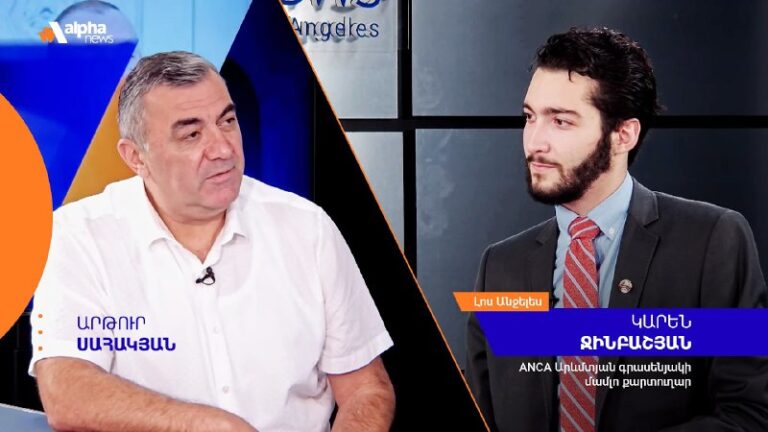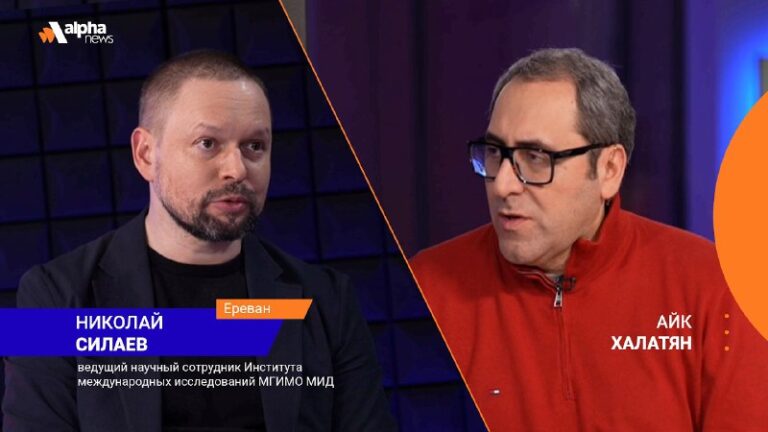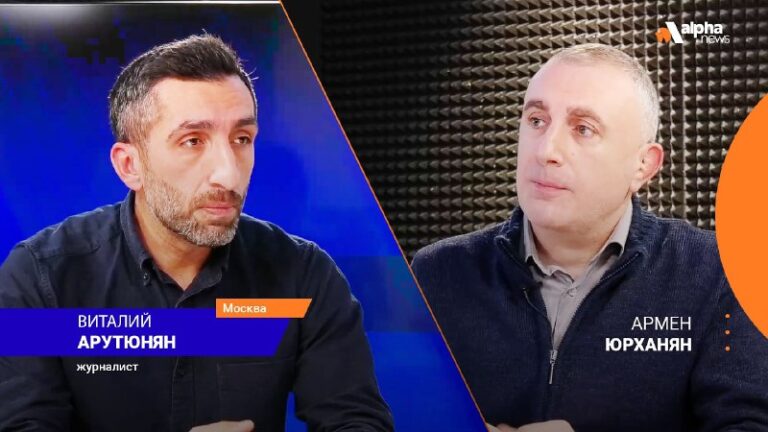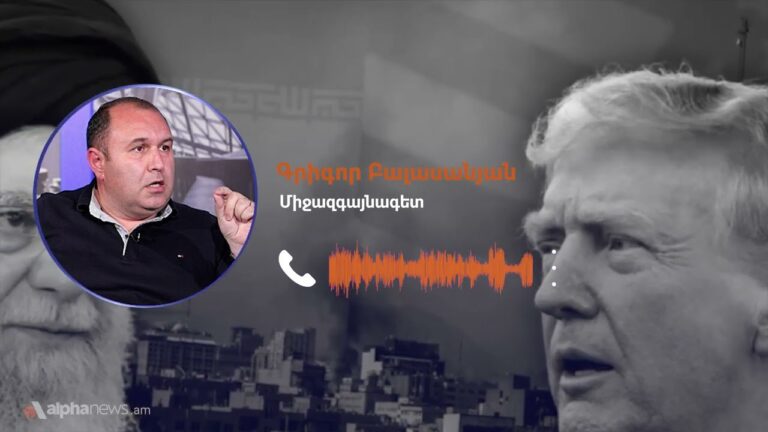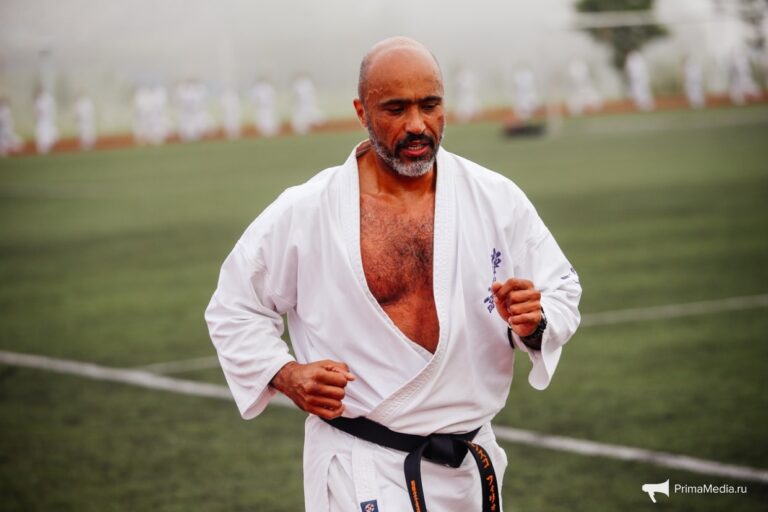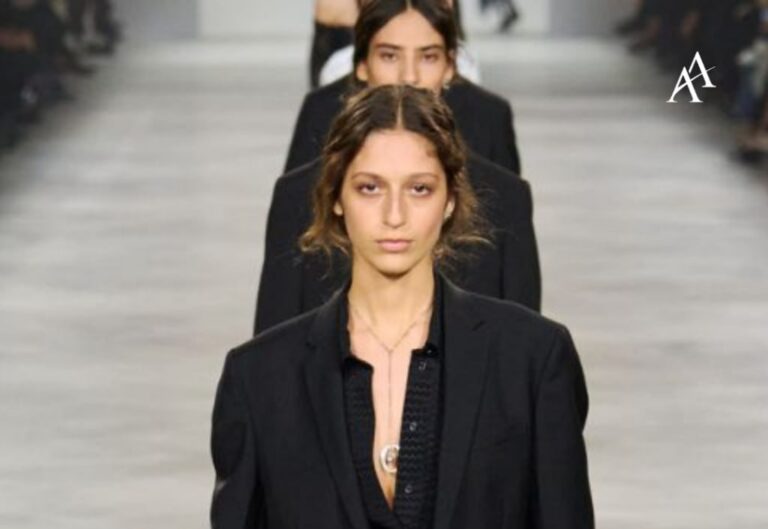Does the US ambassador to Armenia not want to go on a business trip to Georgia?
December 03 2024, 11:00
The Georgian opposition, openly backed by the West (primarily official Washington), continues to try to destabilize the situation in the country.
The protests, although mostly local, have been going on for the fourth day in Tbilisi and other major cities of the country. The demonstrators oppose the decision of the authorities to postpone the start of talks on the country’s accession to the European Union until 2028. According to the latest data, the number of detained protesters exceeds 200 people.
Moreover, the protests are taking place amid outright political (and perhaps not only political) support from the West, with Estonia, Latvia, and Lithuania being the first to impose sanctions against Georgian government officials for the “forceful suppression” of riots in Tbilisi. Earlier it became known that the United States had suspended its strategic partnership with Georgia (of course, one can argue about what kind of strategic partnership it was if for decades Tbilisi had not received from Washington a free trade regime, active trade and economic relations, direct flights, and a visa-free regime, but let’s leave this to Georgians taking to the streets these days).
In this situation, we are interested in the following aspect: for what reason is everything possible for the opposition in Georgia—and the authorities of the United States, the EU, and individual EU countries do not hide this—but in the case of Armenia, the opposition is not only impossible, but also the US ambassador amid political tension demonstrates a clear bias, supporting the Armenian government?
During the events of May-June, when Bagrat Srbazan held rallies (both outside the Interior Ministry building and near the Armenian Parliament), the US Ambassador was near “tension zones”.
It was during the days of the protests that Kristina Kvien “developed the Armenian-Azerbaijani friendship” in the building of the Interior Ministry. She was also in the National Assembly during the days of the aggravation of the situation.
A logical question arises: does Ms. Kvien not want to visit Georgia and thank the Georgian police for their service? Or are these police officers different from those in Armenia, and Georgian demonstrators are as holy as cows in India and cannot be dispersed, even when Molotov cocktails are flying towards the police?
And if in the situation with Kristina Kvien, one can find a logical explanation for the double standards policy—the Georgian authorities do not meet Washington’s criteria, while the Armenian authorities do—then the attitude of a number of Armenian political actors raises questions.
There are still a number of politicians in Armenia who hope for “good from the US embassy”, to say the least—they receive direct instructions from the embassy (as it was last summer). This, in turn, means that the purpose of their activities is not limited to ensuring systemic changes in Armenia. They do not want to take the country out from under external control but simply want to become “the new Pashinyan for Kristina Kvien.”
Think about it…

